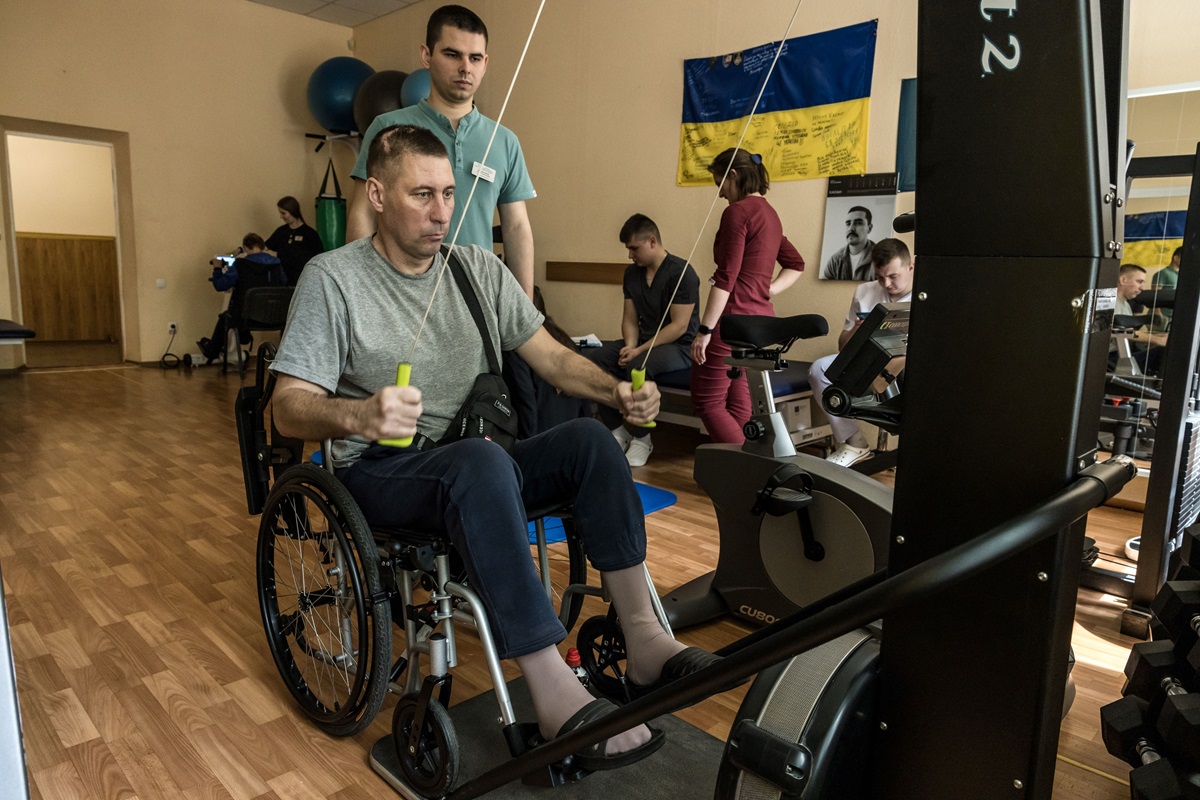This study updates the 2018 analysis of financial protection in Ukraine, assessing affordable access to healthcare. Catastrophic health spending in Ukraine is higher than in many European countries, mainly affecting the poorest households and pensioners, highlighting challenges in universal health coverage.
The findings reveal that out-of-pocket (OOP) payments remain a significant burden, with Ukraine experiencing some of the highest rates in Europe. In 2020, OOP payments accounted for 48% of total health spending, reflecting persistent gaps in public health financing and inefficiencies within the system.
One of the most concerning findings is the high incidence of catastrophic health spending. In 2021, 17% of households (approximately 2.5 million) faced catastrophic health expenses, making Ukraine one of the most affected countries in Europe. The burden is particularly severe for the poorest households, with 64% of them experiencing financial hardship due to healthcare costs. The main cost drivers are outpatient medicines, which disproportionately impact lower-income groups, and inpatient care, which creates financial strain on wealthier households.
Unmet healthcare needs remain a significant issue, particularly for medications, dental care, and outpatient services. Cost is the primary barrier preventing individuals from seeking care, especially among low-income populations. Despite near-universal population coverage, informal payments and other financial obstacles undermine effective access to healthcare services. The Affordable Medicines Program (AMP), introduced to improve access to essential medications, has helped alleviate some financial burdens, but its coverage remains limited to specific conditions, leaving many individuals without adequate financial protection.
The situation has been exacerbated by economic instability and war. The Russian invasion of Ukraine in 2022 led to a dramatic rise in poverty levels, from 5% in 2021 to 24% in 2022, further reducing people’s ability to pay for healthcare. Despite efforts by the National Health Service of Ukraine (NHSU) to allocate public health resources efficiently, public healthcare spending remains low, at only 4% of GDP in 2020. This is significantly below the levels seen in EU countries, leading to persistent underfunding of the Program of Medical Guarantees (PMG) and continued reliance on informal payments.
The report suggests several policy options to reduce out-of-pocket payments and improve financial protection:
- Expand the AMP to cover more conditions and ensure cost-effective medicines.
- Strengthen INN prescribing and regulate medicine prices.
- Reduce informal payments by enforcing provider-purchaser contracts and monitoring providers.
- Improve the governance of the PMG and enhance the capacity of the National Health Service of Ukraine (NHSU) to act as an active purchaser of services.
- Implement policies to protect low-income households, such as exemptions from co-payments and caps on out-of-pocket expenses.
Despite recent reforms, financial barriers to healthcare remain a major challenge in Ukraine. Addressing the high out-of-pocket payments, informal healthcare costs, and low public spending is essential to improving financial protection. Ensuring efficient allocation of resources, expanding access to medicines, and eliminating financial barriers will be crucial steps toward achieving universal health coverage and enhancing public trust in Ukraine’s healthcare system.

